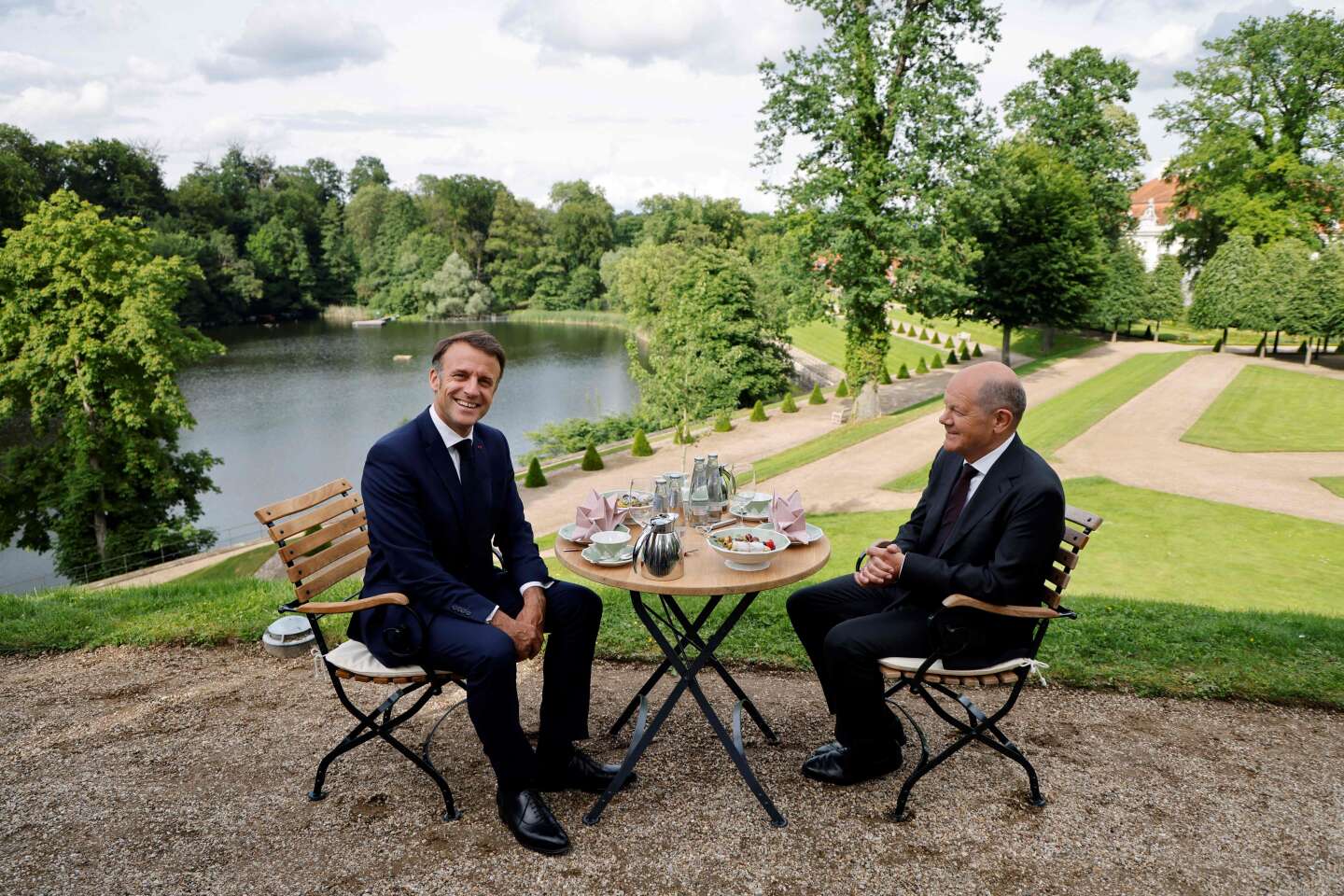All state visits have their symbols. Emmanuel Macron’s latest visit to Germany included a tour of the Holocaust Memorial; a meeting with young people and researchers in Dresden; and a visit to Münster, where the Treaties of Westphalia were signed in 1648, marking the end of the Thirty Years’ War. Beyond the symbolism, this state visit raises questions about the nature and evolution of French-German relations, which are always tricky to decipher according to geopolitical situations and the personalities in power.
The emptiness of the conclusions of the French-German Council of Ministers meeting on May 28, with its mix of generalities and European clichés, is worrisome. We are a long way from concrete, far-reaching agreements between France and Germany, particularly on the key issue of the moment: defense. Despite recent progress on the aircraft of the future and the French-German tank, there is nothing to report. This situation has ties with two persistent unspoken issues between the two countries, which have had a tenfold effect with the war in Ukraine: relations with the United States and the question of leadership in Europe. These two factors can unbalance the relationship between France and Germany, even though, in these troubled times, the close ties between the two countries appear indispensable, without being exclusive with regard to the other states of the European Union.
Germany’s close relationship with the US is primarily due to the fact that it has based, and still bases, its military protection on American cover, particularly nuclear cover. Thirty-five thousand American troops are stationed on German soil. As far as Berlin is concerned, European defense does not have the means for strategic autonomy. This also explains the attachment to NATO, which 82% of Germans believe is essential to guaranteeing peace in Germany and Europe. German chancellors, like Olaf Scholz on February 17, often mention “European security” and “NATO” in the same sentence. From a German point of view, the war in Ukraine has even cemented the transatlantic alliance, while the French president believes that Europe must move towards greater sovereignty.
A form of solidarity
This German-American link explains, for example, Germany’s weak response to the proposal to Europeanize France’s nuclear deterrent; the questioning of the notion of “European sovereignty,” which could mean a distancing from the US; and the readiness to order American F-35 aircraft and to design a missile shield from American, Israeli and German elements, even if it means offending France.
You have 54.61% of this article left to read. The rest is for subscribers only.

